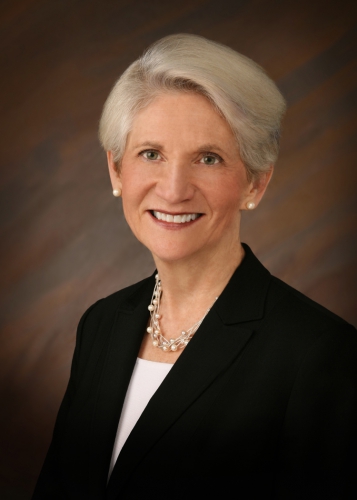The future of nursing in primary care. An interview with Virginia P. Tilden, PhD RN FAAN
This is a repost from Primary Care Progress and the first of our celebrating Nurses Week 2013.
The future of nursing in primary care
An interview with Virginia P. Tilden, Ph.D., R.N., F.A.A.N.
By Sonya Collins
Thank you for giving us an interview for National Nurses Week.
I’m very pleased to know that PCP is honoring National Nurses Week. And I hope in the future that it’s joined by a Team-Based Care Week that is all about doing the right thing for patients.
I love that idea. And how do you see the role of nurses in primary care evolving in the coming years? How do you see this role in ten years?
I see nurses in both staff and provider positions having a vital and expanding role and a responsibility for reinventing primary care now and in the years ahead.
In the staff role in traditional primary care practices, the RN typically does patient triage, telephone advice, and prescription management, sometimes including case management and chronic care management. Overall job satisfaction in this role typically is low, and burnout and turnover are high, such that medical assistants have tended to step into this staff role.
However, important reinvention of the RN staff role is happening now with exciting results. A recent ABIM Foundation study of innovative primary care practices found many RNs playing a different role. Care in these practices is typically team-based with RNs working at the top of their licenses as care coordinators, case managers, and systems specialists, resulting in much better patient care and higher morale for everyone, including physicians.
This is a repost from Primary Care Progress and the first of our celebrating Nurses Week 2013.
The future of nursing in primary care
An interview with Virginia P. Tilden, Ph.D., R.N., F.A.A.N.
By Sonya Collins
Thank you for giving us an interview for National Nurses Week.
I’m very pleased to know that PCP is honoring National Nurses Week. And I hope in the future that it’s joined by a Team-Based Care Week that is all about doing the right thing for patients.
I love that idea. And how do you see the role of nurses in primary care evolving in the coming years? How do you see this role in ten years?
I see nurses in both staff and provider positions having a vital and expanding role and a responsibility for reinventing primary care now and in the years ahead.
In the staff role in traditional primary care practices, the RN typically does patient triage, telephone advice, and prescription management, sometimes including case management and chronic care management. Overall job satisfaction in this role typically is low, and burnout and turnover are high, such that medical assistants have tended to step into this staff role.
However, important reinvention of the RN staff role is happening now with exciting results. A recent ABIM Foundation study of innovative primary care practices found many RNs playing a different role. Care in these practices is typically team-based with RNs working at the top of their licenses as care coordinators, case managers, and systems specialists, resulting in much better patient care and higher morale for everyone, including physicians.





